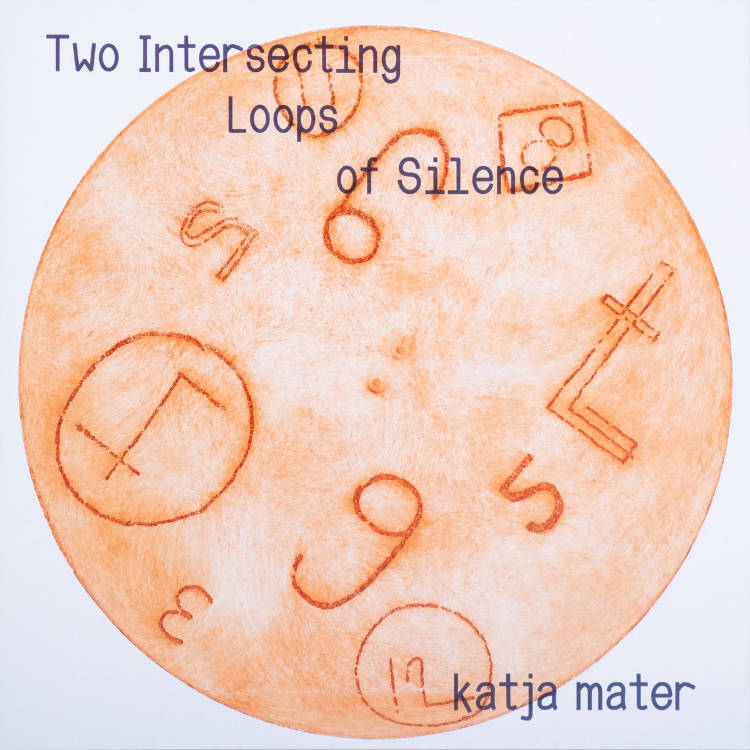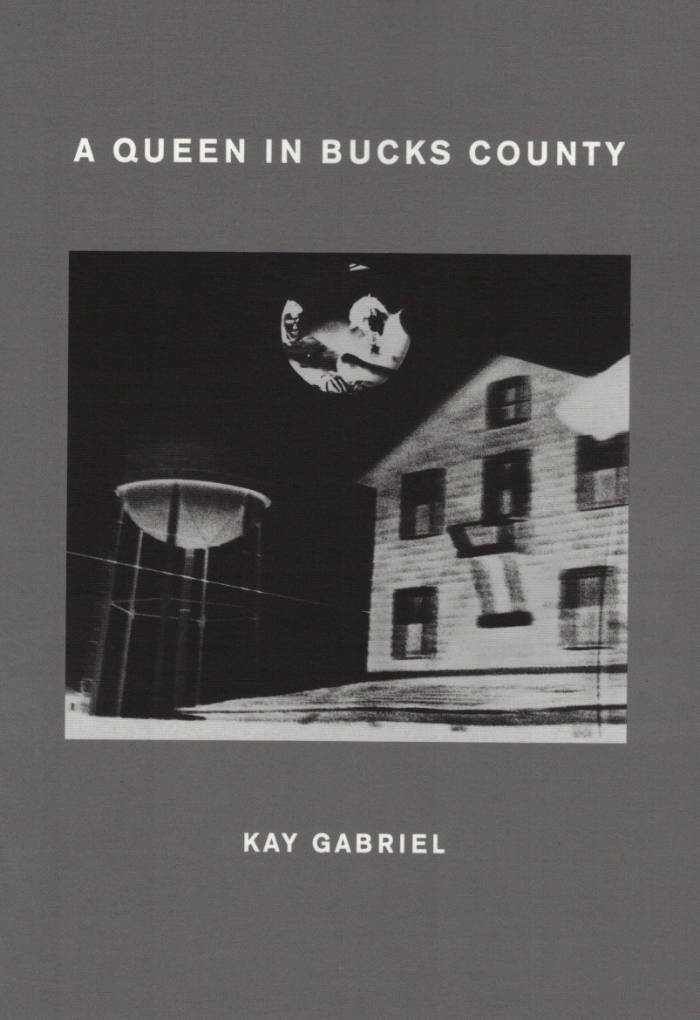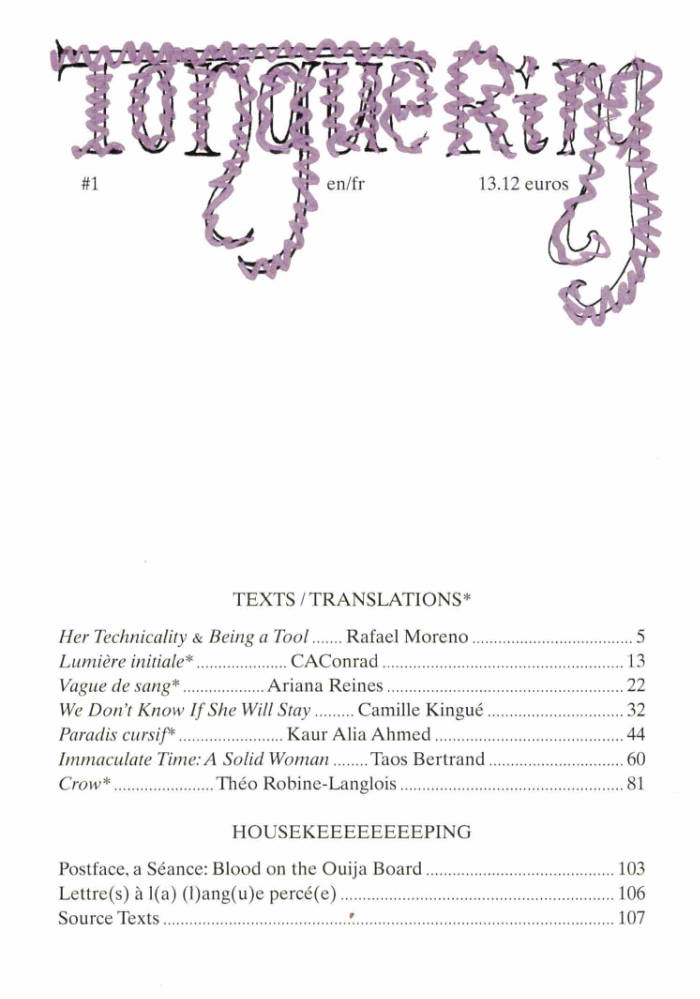
Girls Like Us #8 - Family
Jessica Geysel ed., Sara Kaaman ed., Katja Mater ed., Marnie Slater ed.
Dear Lovers, Sisters, Brothers, Mothers, Adopted Aunts, Long Lost Fathers, Half-cousins, Wives, Black Sheep and Partners In Crime
As you know, we have a soft spot for collectives, collaborations, friendships and support structures. People doing things with other people: loving, working, organizing, living. These strategies for surviving together form an underlying thread throughout all our issues. This time we wanted to look more closely at one way of naming these friendly constellations: FAMILY.
Language: English







